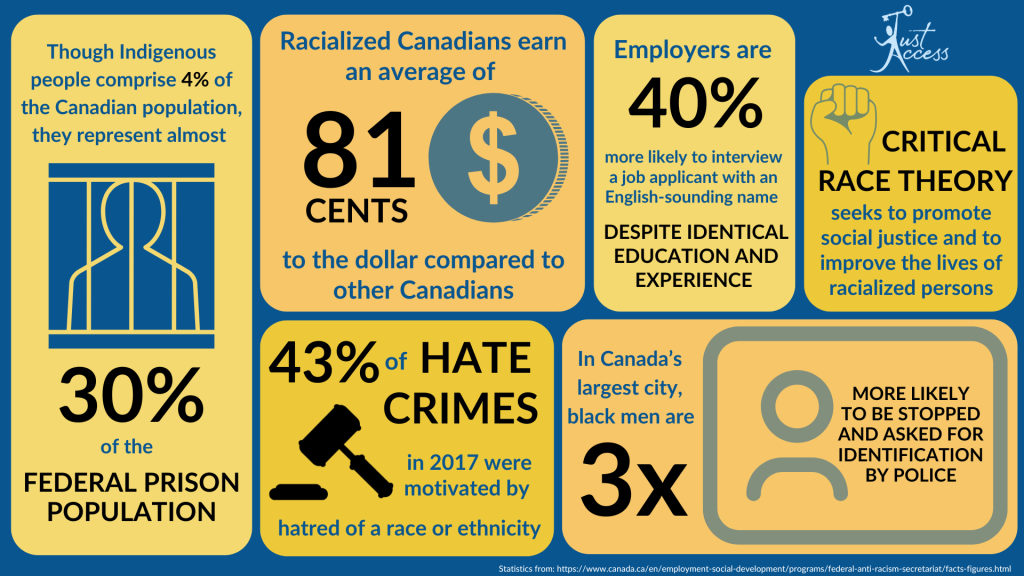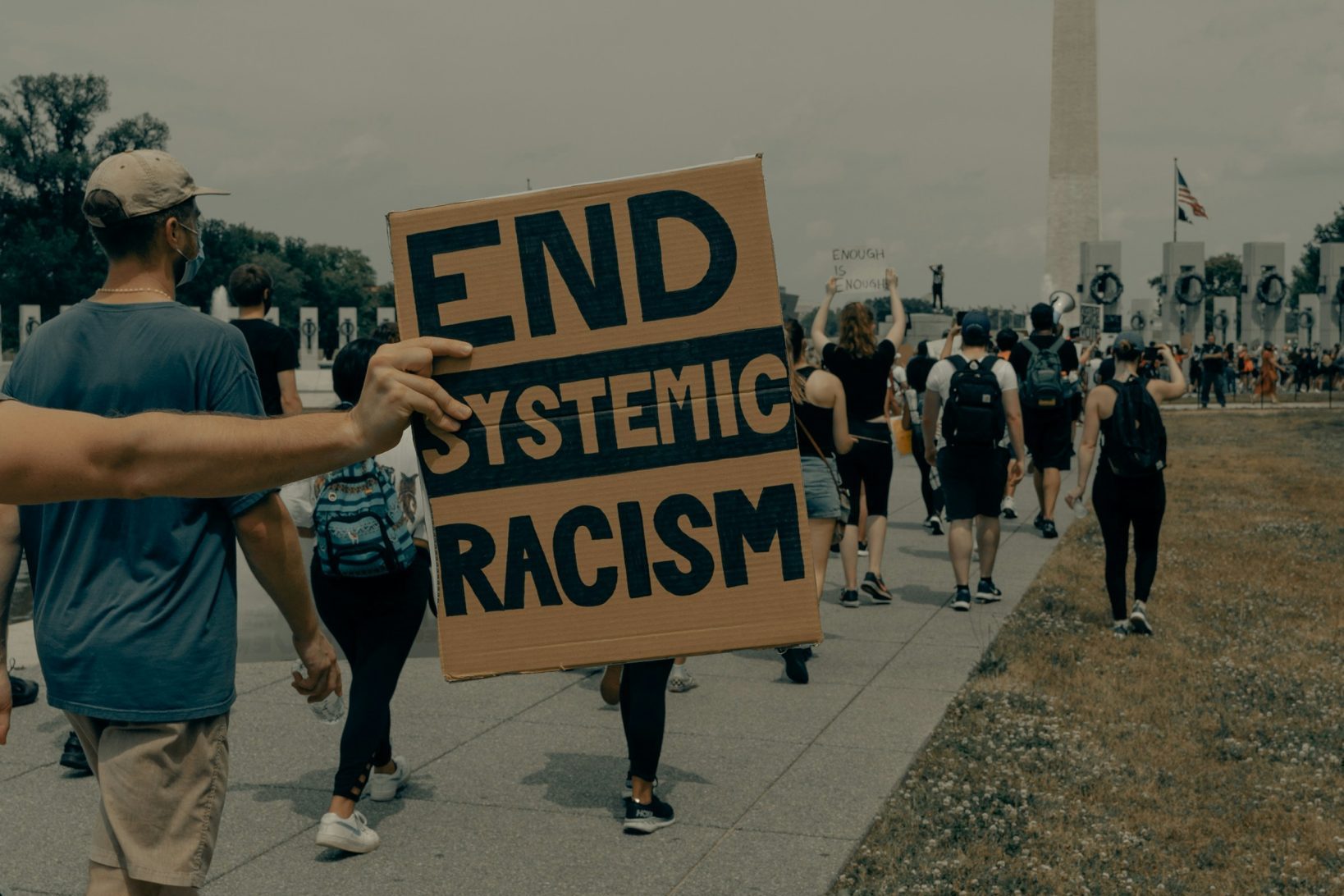
Bertina Lou
Just Access Legal Fellow
mental health, race, critical race theory, Canada, population health, health, healthcare, access to healthcare, mental healthcare, access to mental healthcare, sociology, population health, health research, population health research, public health, research methodology
Mental health is an issue of public concern in Canada as roughly one third of Canadians will be affected by a mental illness at some point in their lives. ┬ĀMental health is also recognised in Canada as an important component of health and a fundamental human right that should be accessible to all Canadians.
But what happens when Canadians are a heterogenous group with varied racial and ethnic origins experiencing mental health and access to healthcare in different ways?
The 21st of March marked the United NationsŌĆÖ International Day for the Elimination of Racial Discrimination and the beginning of its Week of Solidarity with the Peoples Struggling against Racism and Racial Discrimination.┬Ā The end of this week represents a time to not only reflect on the difficulties of people experiencing racism, particularly as it relates to their mental health, but also look at ways to improve the situation moving forward.┬Ā
Consequently, the adoption of a new perspective on mental health disparities that includes critical race theory could represent an opportunity to advance studies on Canadian population health as well as solutions that all areas of society, including schools, workplaces, healthcare systems, and more, can adopt to support mental wellness.
What is Critical Race Theory in Research?
A critical race theory approach to research entails an awareness of the racialized social system in which research is performed.┬Ā Through this perspective, research design itself is not race-neutral since topics of study, the theoretical framing of analyses and findings, and the choices of empirical foci are influenced by political concerns.┬Ā Research already reveals the presence of mental health disparities along racial lines, but it can go one step further with a critical race theory approach by examining race as a site of unequal power. The ŌĆścriticalŌĆÖ part in critical race theory involves the assumption that the study of race is inevitably accompanied by the study of racism, a social problem which should be addressed to improve the lives of those impacted. This approach to research assumes that race and racism are part and parcel of the systems of racial stratification.
Critical race theory seeks to promote social justice and to improve the life quality of racialized persons.

Support our work!
We can only do our work thanks to the support of brave, passionate people like you!
Your donation will help us to keep fighting for human rights and access to justice for everyone, everywhere.
Potential Contributions of Critical Race Theory to Mental Health Research
Existing Canadian research that explores mental healthcare access by racialized groups often does so within the context of immigration, finding that immigrant status is associated with lower rates of mental health service use despite CanadaŌĆÖs universal health insurance. ┬ĀLinguistic barriers, a lack of culturally relevant services, and cultural stigmas related to mental health are often cited as reasons for the low rates of mental health service use by immigrants in Canada. ┬ĀThough these interpretations represent valuable contributions to scientific literature, they are incomplete as they overlook the relational aspect of race, which is rooted in structural power inequalities.

In addition to simplifying healthcare access to a matter of individual preference and responsibility, culture-based explanations for the underutilization of mental health services risk locating the ŌĆśproblemŌĆÖ in non-dominant cultures that stigmatise mental illness.┬Ā They also limit the range of possible solutions by conflating race and ethnicity, which have the potential to be two distinct factors shaping individual behaviour.
The shortcomings of this research can be addressed with inquiries into the structural power differentials arising from racial constructions, as well as the social inequalities shaping health outcomesŌĆöin other words, by using a critical race theory approach.
Just Access e.V. is a non-party political organisation, whose mission is to support human rights and access to justice worldwide. ┬ĀThe views and opinions expressed in this piece and those of the author, and do not necessarily represent those of Just Access e.V.┬Ā
Subscribe to the Just Access newsletter
Don’t miss any of our blog posts, or any of our other great content!
Stay up to date with our work by subscribing to the Just Access Newsletter (six mailings per year).









